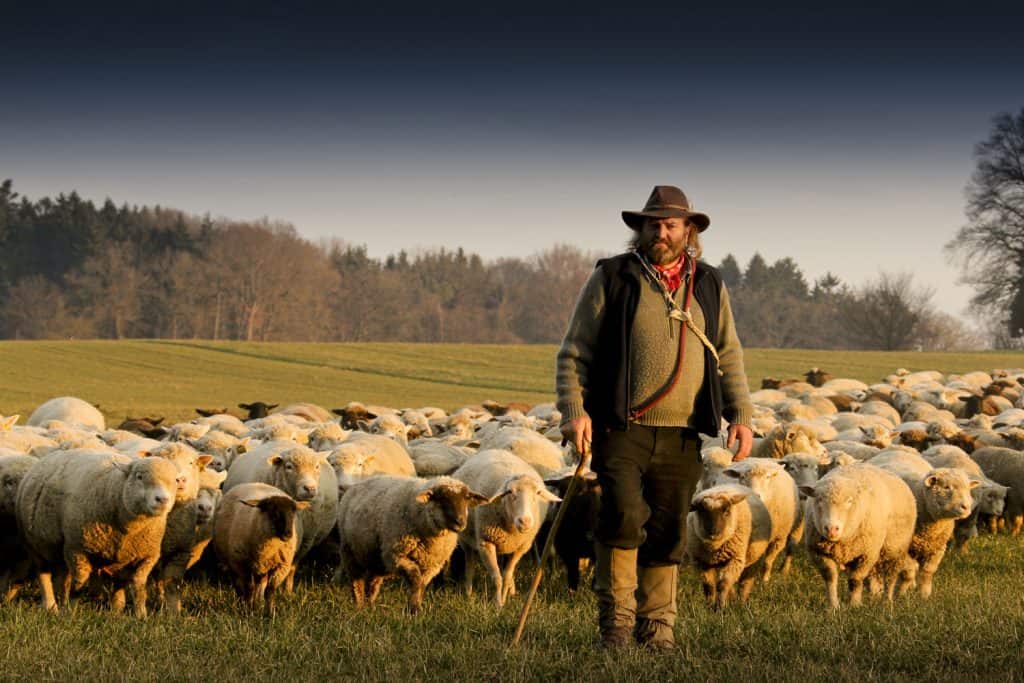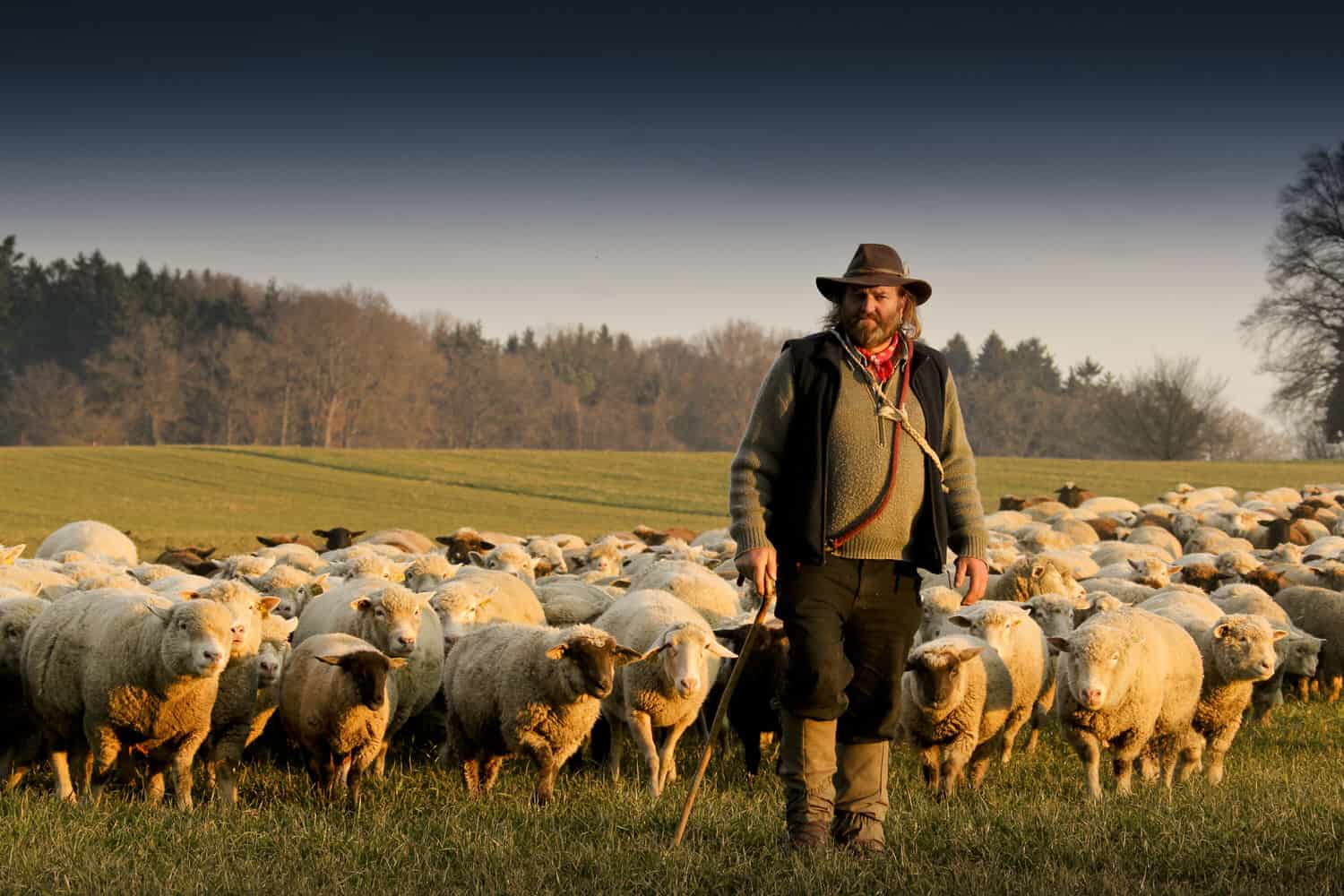Shepherd the Flock


“So I exhort the elders among you, as a fellow elder and a witness of the sufferings of Christ, as well as a partaker in the glory that is going to be revealed: shepherd the flock of God that is among you…” (1 Peter 5:1-2)
According to one prominent pastor, we need to stop talking about shepherds as pastors. “I’ve never spent five minutes with a shepherd. It was culturally relevant in the time of Jesus, but it’s not culturally relevant any more,” Andy Stanley argues. “Nothing works in our culture with that model except this sense of the gentle, pastoral care. Obviously that is a face of church ministry, but that’s not leadership.”
And yet shepherding is the term we’ve been given. I’m not sure we’re at liberty to pick a new term, and I’m really not sure we want to. I like the fact that I’m not sure what shepherds do. It forces me to work at understanding rather than assuming that I know, or importing my own assumptions to the term.
The term shepherd is a rich one. It’s used frequently in the Hebrew Scriptures, both of God himself and his leaders, like Moses and David. Later, Jesus uses the term to refer to himself. Most strikingly for Peter, Jesus commissioned Peter after his failure to feed his sheep.
A number of authors help us understand the duties and function of a shepherd. Timothy Laniak has studied the idea extensively and summarized shepherding as providing, protecting, and guiding. Scott Thomas says that shepherd leaders know, feed, lead, and protect. D.A. Carson refers to shepherds guiding, nurturing, and guarding sheep.
I agree with Scott Thomas:
Ultimately, the shepherd image is the one that must dominate our church leadership paradigm because it reflects the Bible’s teaching on leadership. If we abandon the shepherd imagery of the Scriptures, we will lose the uniqueness of the Bible’s teaching on leadership, leaving us with dangerously unbiblical models of leadership defined by the values and goals of the corporate world.
This is our duty, and this is our privilege. We pattern ourselves after Moses, David, and Jesus. We feed the church. We tend the church. We watch over the church. We guard against dangers that threaten the health of the people entrusted to us. We guide the church so that it thrives.
Most of all, as we’ll see in a future post, we do this knowing that it’s not our flock. “Shepherd the flock of God…” We’re not even the chief shepherds. “And when the chief Shepherd appears…”
Let’s lean into a biblical understanding of shepherds. Let’s move away from corporate models of church leadership, and learn more about how the Bible describes Christian leadership. Shepherding may not be the most culturally understandable term, but it’s still the best term for understanding the duties and responsibilities of pastors.






